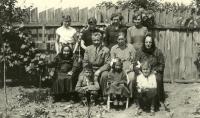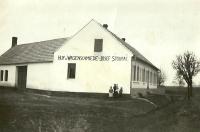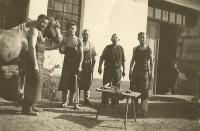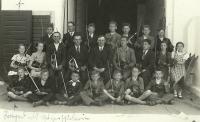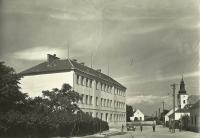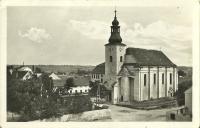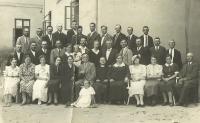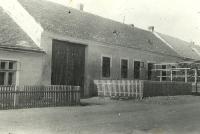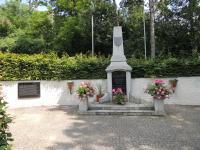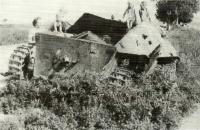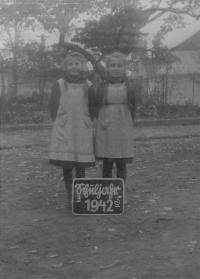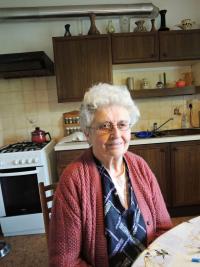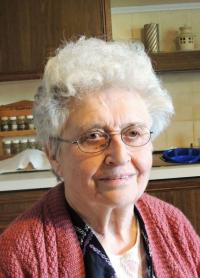A petty person will always remain a petty person

Download image
Žofie Pekařová was born in February 1934 in the German-majority village of Vlasatice in South Moravia. Her father was a Czech blacksmith, her mother was a German housewife. Žofie spent her whole childhood in a German environment, even at home they only spoke German. When the war began the situation in Vlasatice changed, as many young men were drafted into the army. Those included two uncles of Žofie Pekařová. At the end of the war Vlasatice experienced one of the last battles, during which almost half of the village was destroyed. A part of the villagers had evacuated, another part hid in their cellars. Žofie Pekařová’s family hid in their cellar together with some thirty other people. When the fighting was over, the village was taken by the Russians, who looted the local wine cellars and ravaged the village while drunk. They pillaged the houses, beat the locals, and raped the women. During one of these Russian rampages, the witness’s grandfather Thomas Czak was killed. The village was gradually repopulated by Czech inhabitants, who occupied the houses one by one. The German inhabitants were told to prepare for expulsion. Thanks to the intervention of the cousins of Žofie Pekařová’s father, she and her whole family, including her grandmother from her mother’s side, were allowed to stay in the village due to their mixed marriage. All her mother’s siblings and relatives were sent away after the war and settled down in Austria and Germany.
